Online Class: Family Dynamics Decoded — Understanding & Improving Interactions

-
15Lessons
-
22Exams &
Assignments -
3Hours
average time -
0.3CEUs
Course Description
Step into a journey like no other—a voyage into the soul of your most fundamental relationships. Welcome to "Family Dynamics Decoded: Understanding & Improving Interactions." This course is not simply an educational endeavor; it is an essential life-transforming experience that touches the very essence of your everyday interactions. Imagine having profound, insightful conversations, resolving long-standing tensions and understanding your loved ones in a way that opens the door to deeper, genuine connections. In embarking on this journey, you'll transcend surface-level communication and dive deep into the intricate art and science of family dynamics.
Picture your family as a vibrant tapestry, woven with threads of history, tradition, and individual quirks. Each stitch tells a story, and understanding this can unlock a world of empathy and enhanced relationships. Here, you will gain the insights your family might not even know they need—insights that can transform how you relate to one another. This course, unlike any other, dives deep into the generational legacies and cultural contexts that shape family roles, giving you the tools to navigate your family landscape with empathy and understanding.
Communication within families can often feel like deciphering an age-old language, a complex mix of passive, aggressive, and assertive styles. We guide you through this linguistic labyrinth, equipping you with the ability to transform your family's communication style into one in which everyone feels valued and respected. Past emotional baggage often lingers like invisible shadows, influencing present interactions in unseen ways. By addressing these historical sensitivities in our supportive digital classroom, you will learn to unlock the transformative power of forgiveness and open dialogue. Discover how the simple act of acknowledgment can be a catalyst for healing and renewal within family gatherings.
In today's world, family structures are as diverse as the individuals who comprise them, with blended and nuclear families evolving in unique and beautiful ways. As you delve into this course, gain a richer understanding of these dynamics, and learn to navigate these shifts with grace and empathy. Whether you're a parent, a child, a sibling, or a partner, you'll uncover strategies to create a warm, nurturing environment for all participants, fostering smoother adjustments and strong emotional bonds that can withstand life's inevitable transitions.
Understanding family hierarchy and harmony could be as foundational as the order in which you and your family were born. Our course disentangles the myths and provides evidence-based understanding of how birth order can influence personality traits and family roles. With these nuanced views, you can harness your natural strengths and understand your relatives' behaviors in a fresh, empowering light.
The art of balancing individuality with the interconnectedness of family life often requires understanding boundaries—interwoven with the ancient wisdom of indigenous tribes and the value systems of Western societies. We present a panoramic view of these influences, helping you forge supportive boundaries that encourage growth while maintaining deep-rooted connections. Embrace your family's diversity and discover tools to cultivate resilience, leveraging technology not as a barrier but as an aid, creating a bridge of trust across physical and digital realms.
At the heart of "Family Dynamics Decoded: Understanding & Improving Interactions" is the motivation to break cycles of generational trauma. This course doesn't just address the symptoms but empowers you with the knowledge to rewrite your family legacy through open communication and strategic interventions.
Finally, the course culminates in the creation of a shared family vision, a collective dream that harmonizes individual aspirations with the goals of the family unit. Through effective communication and adaptability, you will integrate personal ambitions into a thriving, cohesive family dynamic strong enough to meet the demands of tomorrow.
Make this journey today, and step into a future where your family interactions are rich with empathy, understanding, and respect. Enroll now and embrace the power to transform your family's narrative, enriching your life in ways you never imagined possible. This is not just an opportunity—it's the doorway to a harmonious family future you can't afford to miss.
- Business
- Business Ethics Courses
- Harassment Prevention Courses
- Human Resources Certifications
- Management
- Aromatherapy Courses
- Caregiver Courses
- Career Development Courses
- Communications Courses
- Confidence and Self Esteem Courses
- Healing
- Human Anatomy Courses
- Medical Skills
- Health & Medicine
- Nutrition
- Marketing
- Microsoft Office Certification Courses
- Life Coaching Courses
- Self-Improvement
- Small Business Certifications
- Safety
- Writing Improvement
- Business Writing Courses
Course Lessons
Lesson 1. Family Roles in Daily Life
 Lesson discussions: Reasons for Taking this Course
Lesson discussions: Reasons for Taking this Course Assessment: Lesson 1 Review Exam
Assessment: Lesson 1 Review Exam
Lesson 2. Communicating in Families: A Journey Through Generations
 Assessment: Lesson 2 Review Exam
Assessment: Lesson 2 Review Exam
Lesson 3. Roots and Branches: Analyzing Family Conflicts
 Complete: Lesson 3 Activity
Complete: Lesson 3 Activity Assessment: Lesson 3 Review Exam
Assessment: Lesson 3 Review Exam
Lesson 4. Emotional Challenges in Modern Family Structures
 Complete: Lesson 4 Activity
Complete: Lesson 4 Activity Assessment: Lesson 4 Review Exam
Assessment: Lesson 4 Review Exam
Lesson 5. Nuclear to Inclusive: Family Dynamics Through the Ages
 Complete: Lesson 5 Activity
Complete: Lesson 5 Activity Assessment: Lesson 5 Review Exam
Assessment: Lesson 5 Review Exam
Lesson 6. Hierarchy and Harmony: Understanding Birth Order Effects
 Complete: Lesson 6 Activity
Complete: Lesson 6 Activity Assessment: Lesson 6 Review Exam
Assessment: Lesson 6 Review Exam
Lesson 7. Understanding Indigenous Family Traditions
 Complete: Lesson 7 Activity
Complete: Lesson 7 Activity Assessment: Lesson 7 Review Exam
Assessment: Lesson 7 Review Exam
Lesson 8. Cultivating Empathy and Communication: The Foundation of Family Well-being
 Assessment: Lesson 8 Review Exam
Assessment: Lesson 8 Review Exam
Lesson 9. Family Dynamics: Trust as the Cornerstone
 Complete: Lesson 9 Activity
Complete: Lesson 9 Activity Assessment: Lesson 9 Review Exam
Assessment: Lesson 9 Review Exam
Lesson 10. Parenting Styles Unveiled
 Assessment: Lesson 10 Review Exam
Assessment: Lesson 10 Review Exam
Lesson 11. Transforming Family Dynamics: Navigating Stress Triggers for Stronger Bonds
 Assessment: Lesson 11 Review Exam
Assessment: Lesson 11 Review Exam
Lesson 12. Breaking the Cycle: Understanding Generational Trauma
 Assessment: Lesson 12 Review Exam
Assessment: Lesson 12 Review Exam
Lesson 13. Harmonizing Dreams: Nurturing Individual Growth Within Family
 Complete: Lesson 13 Activity
Complete: Lesson 13 Activity Assessment: Lesson 13 Review Exam
Assessment: Lesson 13 Review Exam
Lesson 14. Cultural Influences on Family Boundaries
 Assessment: Lesson 14 Review Exam
Assessment: Lesson 14 Review Exam
Lesson 15. The Power of Shared Family Visions
 Lesson discussions: End of Course Poll; Course Comments
Lesson discussions: End of Course Poll; Course Comments Assessment: Lesson 15 Review Exam
Assessment: Lesson 15 Review Exam
Learning Outcomes
- Demonstrate effective communication patterns in family settings to foster trust and understanding among members.
- Recognize the distinct roles family members play and how these roles contribute to overall family dynamics.
- Demonstrate the ability to apply active listening and empathy to improve family communication, fostering a supportive and understanding environment.
- Recognize and distinguish between passive, aggressive, passive-aggressive, and assertive communication styles and their impact on family dynamics.
- Demonstrate effective communication strategies such as active listening, empathy, and problem-solving skills to resolve conflicts and enhance family interactions.
- Identify the root causes of familial conflicts by analyzing communication breakdowns, generational distinctions, and emotional baggage within family dynamics.
- Demonstrate effective communication strategies, including active listening and developing a shared vocabulary, by participating in family meetings and resolving conflicts constructively within a blended family context
- Define emotional intelligence by identifying key components such as empathy, emotional regulation, and non-verbal communication, demonstrating its role in fostering healthy blended family dynamics
- Analyze the impact of societal and technological changes on the evolution of family roles, identifying shifts in gender dynamics and family structures across generations
- Evaluate the role of technological advancements in facilitating gender role fluidity and inclusivity within modern family dynamics, demonstrating awareness of non-traditional family structures
- Demonstrate the ability to apply birth order theory to analyze how familial roles might influence career choices and interpersonal relationships in diverse cultural contexts.
- Recognize how birth order theories provide insights into individual personality traits and family dynamics through identifying key characteristics associated with different birth order positions.
- Describe how cultural norms influence family dynamics differently in Western and Eastern societies by analyzing examples of individualism versus collectivism.
- Demonstrate mastery of lesson content at levels of 70% or higher.
Additional Course Information

- Document Your Lifelong Learning Achievements
- Earn an Official Certificate Documenting Course Hours and CEUs
- Verify Your Certificate with a Unique Serial Number Online
- View and Share Your Certificate Online or Download/Print as PDF
- Display Your Certificate on Your Resume and Promote Your Achievements Using Social Media

Related Courses
-
 7 hours
0.7 CEUs
Family Engagement and Support Strategies in Special Education
+ More Info
7 hours
0.7 CEUs
Family Engagement and Support Strategies in Special Education
+ More Info
-
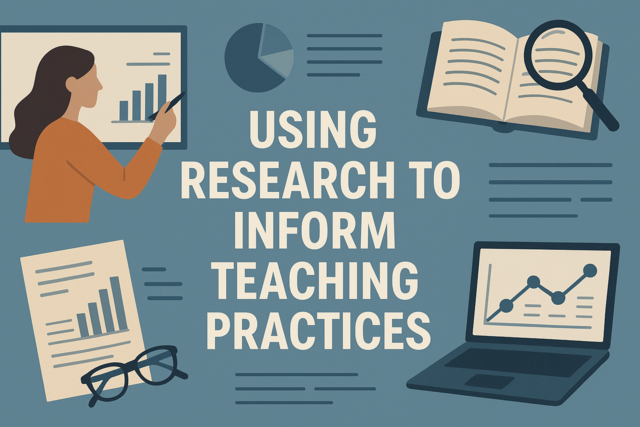 5 hours
0.5 CEUs
Using Research to Inform Teaching Practices
+ More Info
5 hours
0.5 CEUs
Using Research to Inform Teaching Practices
+ More Info
-
 5 hours
0.5 CEUs
Emotional Intelligence in the Workplace
+ More Info
5 hours
0.5 CEUs
Emotional Intelligence in the Workplace
+ More Info
-
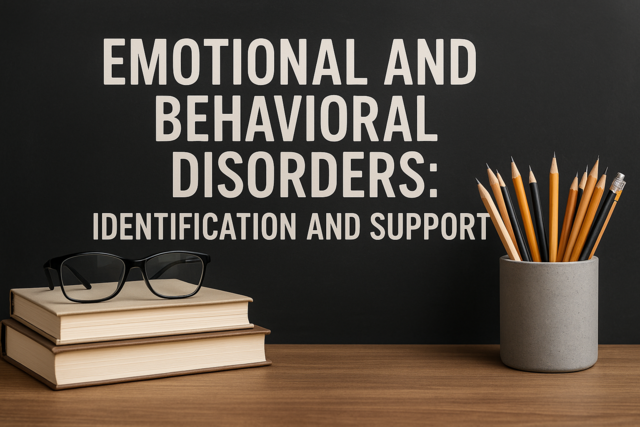 7 hours
0.7 CEUs
Emotional and Behavioral Disorders: Identification and Support
+ More Info
7 hours
0.7 CEUs
Emotional and Behavioral Disorders: Identification and Support
+ More Info
-
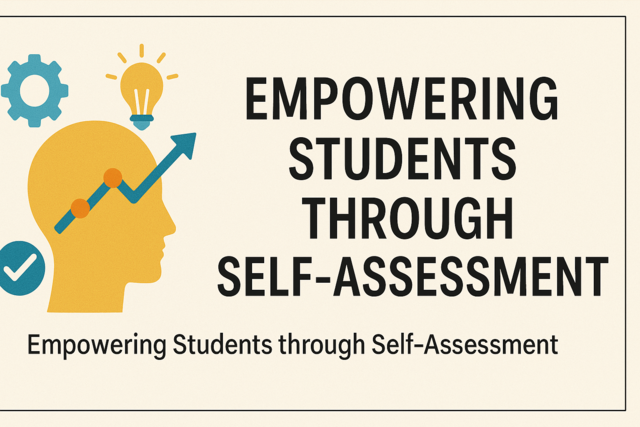 3 hours
0.3 CEUs
Empowering Students through Self-Assessment
+ More Info
3 hours
0.3 CEUs
Empowering Students through Self-Assessment
+ More Info
-
 3 hours
0.3 CEUs
Leadership in Love: Fostering Growth in Family Relations
+ More Info
3 hours
0.3 CEUs
Leadership in Love: Fostering Growth in Family Relations
+ More Info
-
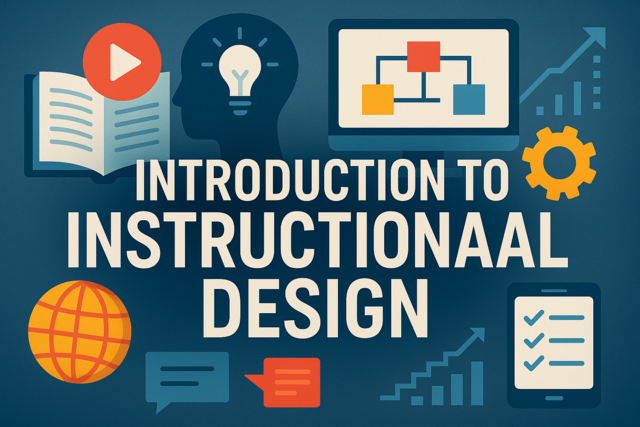 7 hours
0.7 CEUs
Introduction to Instructional Design
+ More Info
7 hours
0.7 CEUs
Introduction to Instructional Design
+ More Info
-
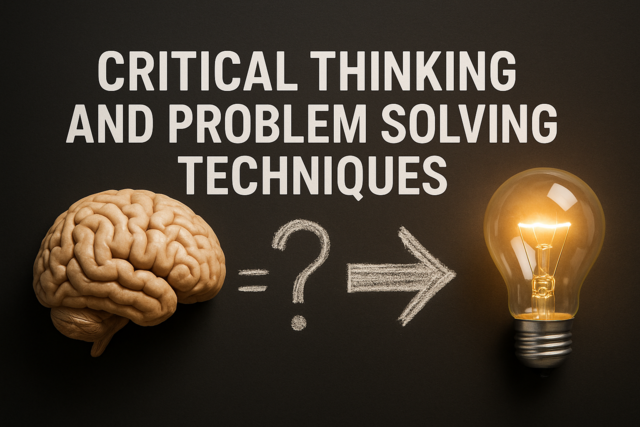 4 hours
0.4 CEUs
Critical Thinking and Problem Solving Techniques
+ More Info
4 hours
0.4 CEUs
Critical Thinking and Problem Solving Techniques
+ More Info
-
 5 hours
0.5 CEUs
Bridging Generational Gaps: Understanding Family Dynamics
+ More Info
5 hours
0.5 CEUs
Bridging Generational Gaps: Understanding Family Dynamics
+ More Info
-
 6 hours
0.6 CEUs
Conflict Resolution and Negotiation
+ More Info
6 hours
0.6 CEUs
Conflict Resolution and Negotiation
+ More Info
-
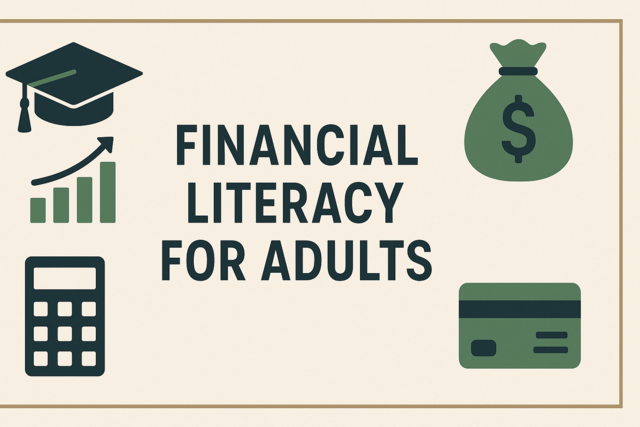 3 hours
0.3 CEUs
Financial Literacy for Adults
+ More Info
3 hours
0.3 CEUs
Financial Literacy for Adults
+ More Info
-
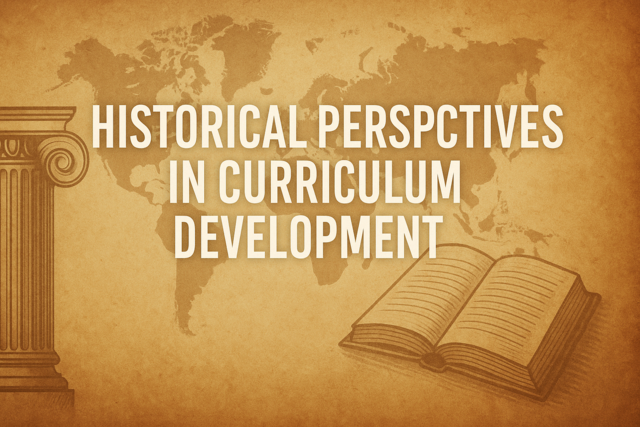 3 hours
0.3 CEUs
Historical Perspectives in Curriculum Development
+ More Info
3 hours
0.3 CEUs
Historical Perspectives in Curriculum Development
+ More Info
-
 7 hours
0.7 CEUs
Basics of Entrepreneurship
+ More Info
7 hours
0.7 CEUs
Basics of Entrepreneurship
+ More Info
-
 6 hours
0.6 CEUs
Beyond the Runway: Influencing Trends in Modern Luxury
+ More Info
6 hours
0.6 CEUs
Beyond the Runway: Influencing Trends in Modern Luxury
+ More Info
-
 6 hours
0.6 CEUs
Developing Strategic Thinking Skills
+ More Info
6 hours
0.6 CEUs
Developing Strategic Thinking Skills
+ More Info
-
 3 hours
0.3 CEUs
Innovative Solutions for Business Growth
+ More Info
3 hours
0.3 CEUs
Innovative Solutions for Business Growth
+ More Info
-
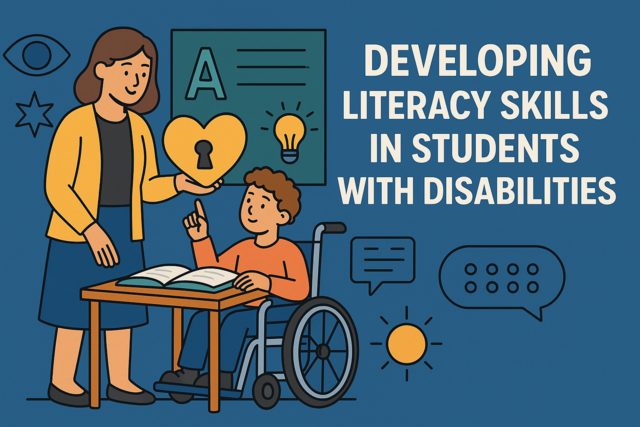 5 hours
0.5 CEUs
Developing Literacy Skills in Students with Disabilities
+ More Info
5 hours
0.5 CEUs
Developing Literacy Skills in Students with Disabilities
+ More Info
-
 6 hours
0.6 CEUs
Neuroscience of Trauma: How the Brain Processes and Heals from Trauma
+ More Info
6 hours
0.6 CEUs
Neuroscience of Trauma: How the Brain Processes and Heals from Trauma
+ More Info
-
 3 hours
0.3 CEUs
Exploring Parallel Universes
+ More Info
3 hours
0.3 CEUs
Exploring Parallel Universes
+ More Info
-
 4 hours
0.4 CEUs
Energy Medicine: Harnessing Your Body's Power
+ More Info
4 hours
0.4 CEUs
Energy Medicine: Harnessing Your Body's Power
+ More Info
-
 7 hours
0.7 CEUs
Emotional Intelligence: Enhancing Workplace Relationships
+ More Info
7 hours
0.7 CEUs
Emotional Intelligence: Enhancing Workplace Relationships
+ More Info
-
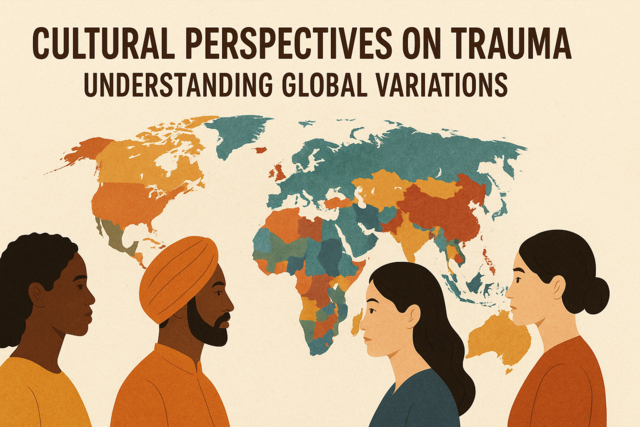 7 hours
0.7 CEUs
Cultural Perspectives on Trauma: Understanding Global Variations
+ More Info
7 hours
0.7 CEUs
Cultural Perspectives on Trauma: Understanding Global Variations
+ More Info
-
 4 hours
0.4 CEUs
Business Writing for Professionals
+ More Info
4 hours
0.4 CEUs
Business Writing for Professionals
+ More Info
-
 3 hours
0.3 CEUs
Understanding Autism Spectrum Disorders in the Classroom
+ More Info
3 hours
0.3 CEUs
Understanding Autism Spectrum Disorders in the Classroom
+ More Info
-
 7 hours
0.7 CEUs
Haute Couture Chronicles: Inside the World of Luxury Brands
+ More Info
7 hours
0.7 CEUs
Haute Couture Chronicles: Inside the World of Luxury Brands
+ More Info
-
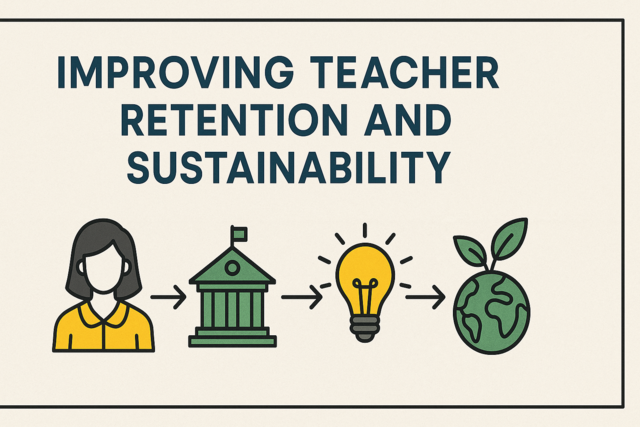 3 hours
0.3 CEUs
Improving Teacher Retention and Sustainability
+ More Info
3 hours
0.3 CEUs
Improving Teacher Retention and Sustainability
+ More Info
-
 5 hours
0.5 CEUs
Lunar Magic and Moon Phases
+ More Info
5 hours
0.5 CEUs
Lunar Magic and Moon Phases
+ More Info
-
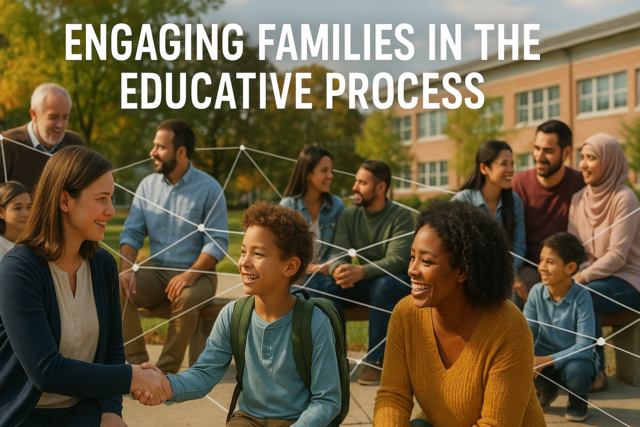 5 hours
0.5 CEUs
Engaging Families in the Educative Process
+ More Info
5 hours
0.5 CEUs
Engaging Families in the Educative Process
+ More Info
-
 5 hours
0.5 CEUs
The Harmony Hub: Fostering Connection in Busy Lives
+ More Info
5 hours
0.5 CEUs
The Harmony Hub: Fostering Connection in Busy Lives
+ More Info
-
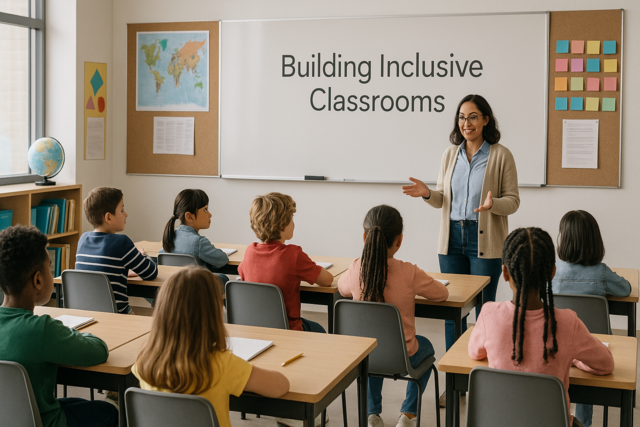 5 hours
0.5 CEUs
Building Inclusive Classrooms
+ More Info
5 hours
0.5 CEUs
Building Inclusive Classrooms
+ More Info
-
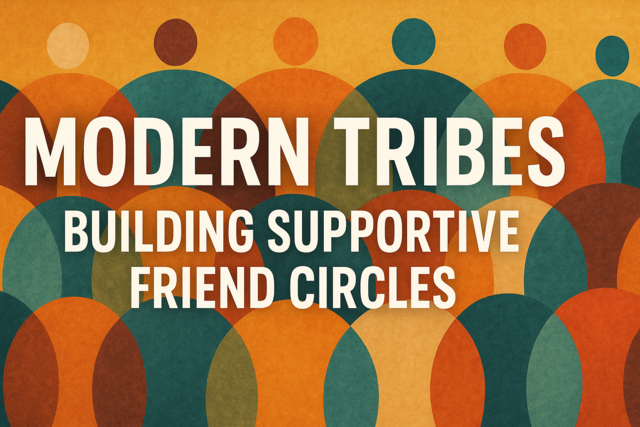 6 hours
0.6 CEUs
Modern Tribes: Building Supportive Friend Circles
+ More Info
6 hours
0.6 CEUs
Modern Tribes: Building Supportive Friend Circles
+ More Info
-
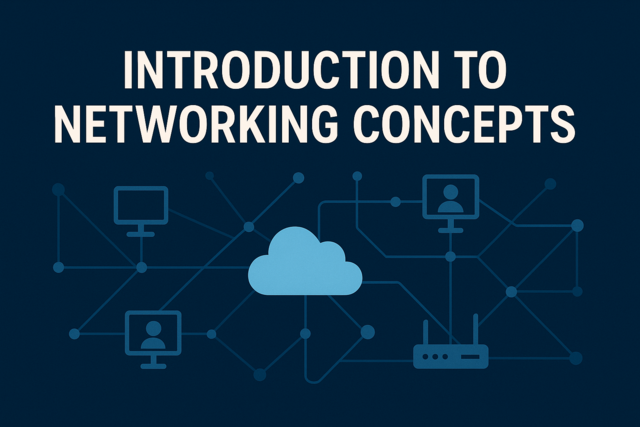 3 hours
0.3 CEUs
Introduction to Networking Concepts
+ More Info
3 hours
0.3 CEUs
Introduction to Networking Concepts
+ More Info
-
 4 hours
0.4 CEUs
Designing Experiential Learning Opportunities
+ More Info
4 hours
0.4 CEUs
Designing Experiential Learning Opportunities
+ More Info
-
 3 hours
0.3 CEUs
Cybersecurity Basics for All
+ More Info
3 hours
0.3 CEUs
Cybersecurity Basics for All
+ More Info
-
 7 hours
0.7 CEUs
Mysteries of the Unexplained
+ More Info
7 hours
0.7 CEUs
Mysteries of the Unexplained
+ More Info
-
 7 hours
0.7 CEUs
Building Patience and Tolerance
+ More Info
7 hours
0.7 CEUs
Building Patience and Tolerance
+ More Info
-
 7 hours
0.7 CEUs
Civic Education and Engagement
+ More Info
7 hours
0.7 CEUs
Civic Education and Engagement
+ More Info




